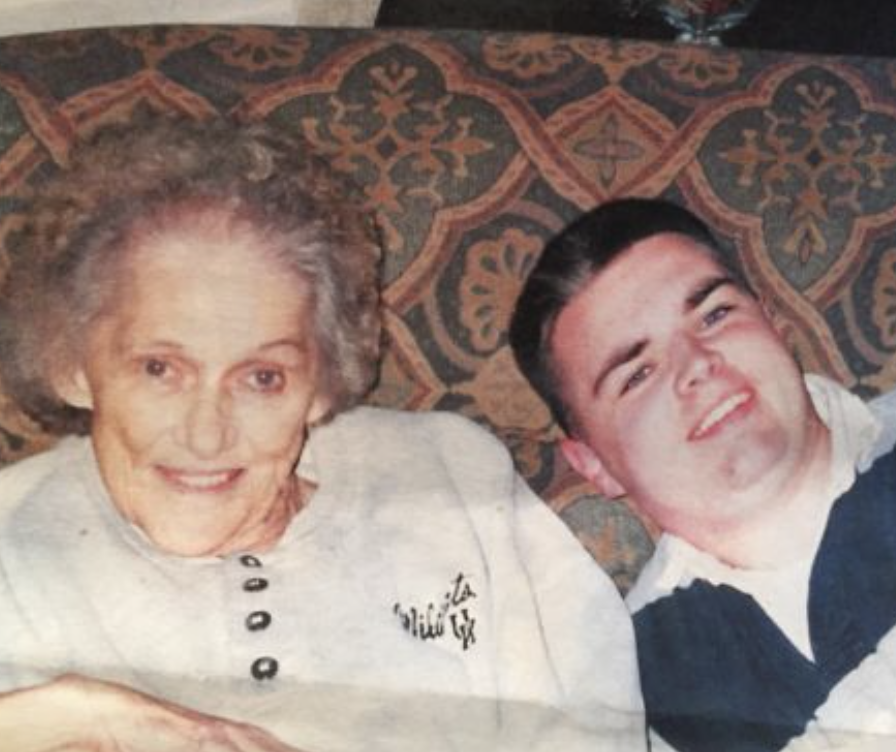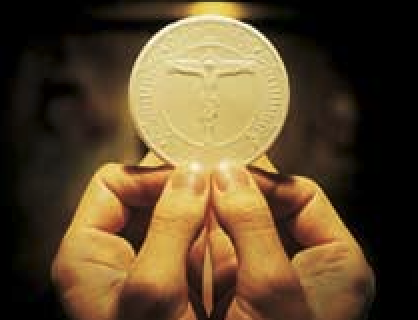Humorist Jean Shepherd was a teen-ager when his father came home from work and began packing a suitcase.
"What are ya doin', Dad?", asked Shepherd.
Describing the scene to communication scholar Quentin Schultze, he said that his father replied: "I'm leaving. You'll understand when you get older."
Shepherd's father moved away and married a "trophy wife."
This wasn't the kind of dark, life-changing event that tends to inspire a crucial symbol and theme in a beloved Christmas movie, noted Schultze. But Shepherd wove parts of his own life story into his storytelling, including work that became "A Christmas Story."
Americans who watch this 1983 family comedy -- about 40 million click into the 24-hour marathon on TBS and TNT, starting on Christmas Eve -- know that it centers on a boy named Ralphie who is obsessed with his parents giving him a 200-shot Red Ryder air rifle BB gun.
But another iconic image is the leg-shaped lamp, wearing a fishnet stocking worthy of a bordello, that Ralphie's "Old Man" received as his "major award" after winning a quiz contest. What was that all about?
Schultze learned the answer when, for three years in the 1980s, he taught a college-level storytelling class with Shepherd, while saving notebooks full of insights from their time together.
"As Shepherd told me, the leg lamp became the Old Man's trophy wife, which he had to show off to the world. He was unable to carry on his 'affair' with discretion," wrote Schultze, in "You'll Shoot Your Eye Out! Life Lessons from the movie 'A Christmas Story.'" He is now professor emeritus at Calvin University in Grand Rapids, Michigan.
The quest for the Red Ryder rifle has a heartwarming final act, with a boy bonding with his volatile "Old Man," the father's only name in the script. And the leg lamp story also has a happy ending, even though it's clear that Ralphie's mother broke it on purpose.










